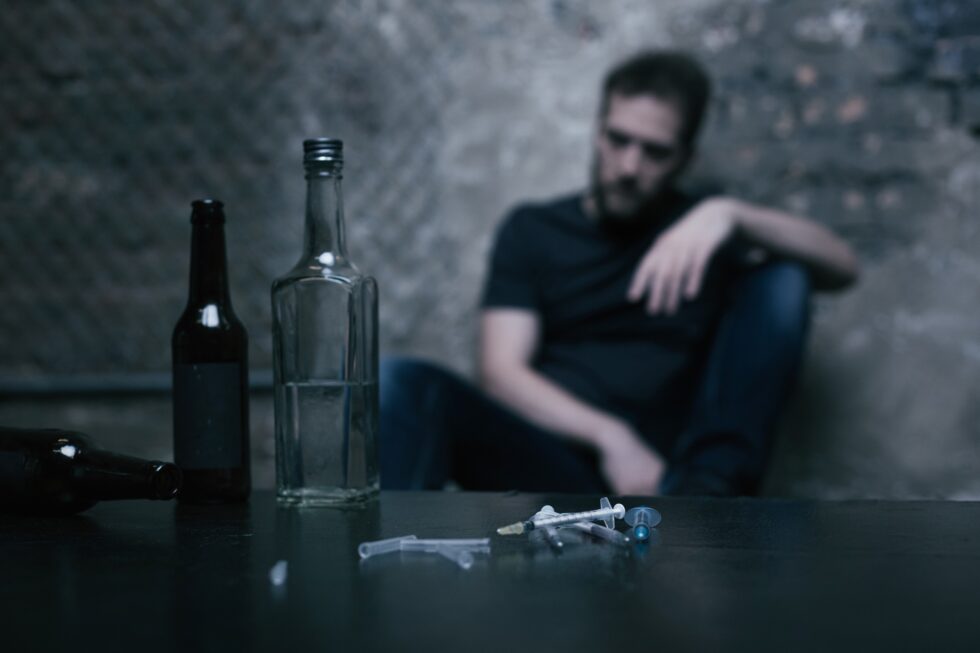Curious about how alcohol affects your mental health? Let’s break it down.
While it might seem tempting to reach for a drink after a tough day or a breakup, using alcohol as a coping mechanism for depression is a red flag.
Here’s how alcohol can impact your mental state:
- Chemical Dependency: Initially, alcohol might provide a fleeting sense of happiness. However, as you consume more, your brain becomes accustomed to these chemical reactions, leading to dependence and cravings.
- Fatigue and Depression: On the flip side, excessive alcohol consumption can leave you feeling drained and unmotivated. This pattern of seeking solace in alcohol can exacerbate feelings of depression over time.
In essence, both scenarios contribute to a vicious cycle that worsens your mental health. It’s crucial to recognize the detrimental effects of alcohol on depression and address them head-on.
The Negative Effects of Alcohol on Depression:
- Disrupted Sleep: Alcohol disrupts sleep patterns, increasing the likelihood of overthinking and worsening depressive symptoms.
- Depressant Properties: Despite its temporary mood-lifting effects, alcohol is a depressant. It disrupts neurotransmitter balance, heightening feelings of anxiety, panic, and depression.
- Folic Acid Depletion: Alcohol consumption reduces folic acid levels, accelerating brain aging and raising the risk of conditions like Alzheimer’s disease and dementia—both of which are also linked to depression.
- Stress Hormone Exaggeration: While alcohol may temporarily alleviate stress, it ultimately exacerbates depression symptoms by depressing the nervous system and altering brain chemistry.
Drinking to Cope with Depression: A Dangerous Path
Contrary to popular belief, using alcohol to cope with depression only worsens the situation. Statistics show that a significant portion of individuals with depression struggle with alcohol abuse, often leading to addiction.
Alarming data suggests that excessive alcohol use is a growing concern, particularly among young adults aged 21 to 25, with binge drinking rates on the rise.
Solution: Seeking Treatment
Breaking free from the cycle of alcohol and depression requires professional help. Psychological treatments, including therapy and antidepressant medication, are effective strategies for managing depression. For those grappling with alcohol addiction, rehab centers like Bliss Recovery offer tailored programs to support recovery. Remember, seeking help is not a sign of weakness—it’s a courageous step towards reclaiming your life and prioritizing your well-being. You deserve to live a happy, healthy life, free from the grip of alcohol and depression.

